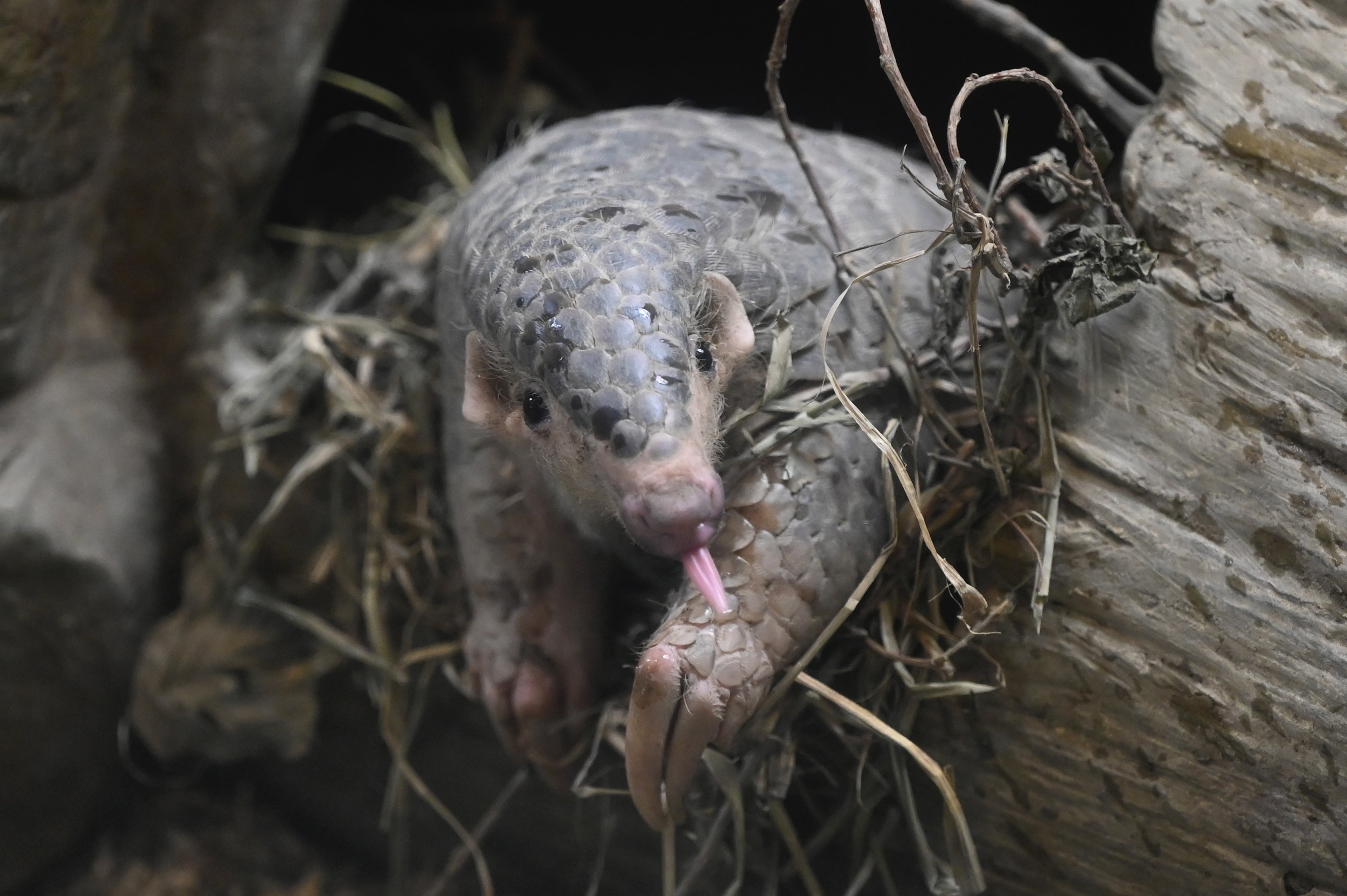Stop the Illegal Wildlife Trade: Scientists develop app to predict the next pandemic
New web application also ranks the risk of diseases jumping from wildlife to human

In order to avert the risks of a future pandemic like that of coronavirus, scientists at the University of California, Davis have developed a new web application that ranks the risk of diseases jumping from wildlife to human.
Named SpillOver, it “is the first comprehensive open-source risk assessment tool that evaluates newly-discovered wildlife viruses in terms of their potential spillover from wildlife hosts into humans,” Jonna Mazet, an epidemiologist at the UC Davis School of Veterinary Medicine, tellsThe Independent. She came up with the idea along with Zoe Grange who worked on the project as a postdoctoral wildlife disease ecologist at Davis.
Inspired by the risk assessments used by banks and insurance companies, SpillOver creates a “credit-like” score for viruses by looking at key risk factors and using them to prioritise those viruses posing the greatest potential threats to human health for a watchlist.
In doing so, it also utilised the reports of new animal virus sequences that were collected by Predict project run by the United State Agency for International Development between 2009 and 2019.
While previous virus-ranking tools have been limited in the number or types of viruses analysed, with minimal risk factors considered, SpillOver considers 32 risk factors about the virus and hosts, including associated environment and human behaviours, explain the authors.
Even though there is estimated to be more than 500,000 animal viruses that have the potential to spill over from animals to humans, the risk posed by each virus is not the same, say the scientists behind the watchlist. This is because the spillover is influenced by the associated environment and human behaviour.
Topping the list are 12 known human pathogens, with SARS CoV-2 currently ranking second out of the 887 viruses analysed.
Researchers behind the project say the virus falls short of claiming the number one spot “because of the historic lack of large-scale wildlife surveillance, key information about SARS-CoV-2 is still unknown”.
They added: “Such data are required to accurately estimate the spillover risk of SARS-CoV-2 and other newly-discovered viruses, such as number and range of host species, the geographic distribution of hosts, types of environments where the hosts live.”
The creation of the watchlist of newly discovered viruses by this web application will help the scientists in prioritising them for further characterisation, surveillance, and risk-reducing interventions, argues Ms Grange.
“The aim is to fill the information void around new virus discoveries and, thus, rank the risks of spillover from newly-discovered viruses, as well as start to understand their pandemic potential,” says Ms Mazet.
Researchers say the strength of SpillOver is that it is an open-source tool that provides a living platform for the ongoing ranking of spillover risk.
“This tool is intended to start a global conversation that will allow us to go far beyond how we thought about ranking viruses in the past and allow real-time scientific collaboration to identify new threats early”, Ms Mazet added. “SpillOver engages and enables scientists who are discovering viruses to collaborate in a One Health framework that is focused not only on viral characteristics but also on all of the circumstances present at high-risk areas for disease emergence”.
“This allows the tool to be a catalyst for rapidly identifying and ranking newly-discovered viruses and their animal-human transmission interfaces.”
Join our commenting forum
Join thought-provoking conversations, follow other Independent readers and see their replies
Comments
Bookmark popover
Removed from bookmarks